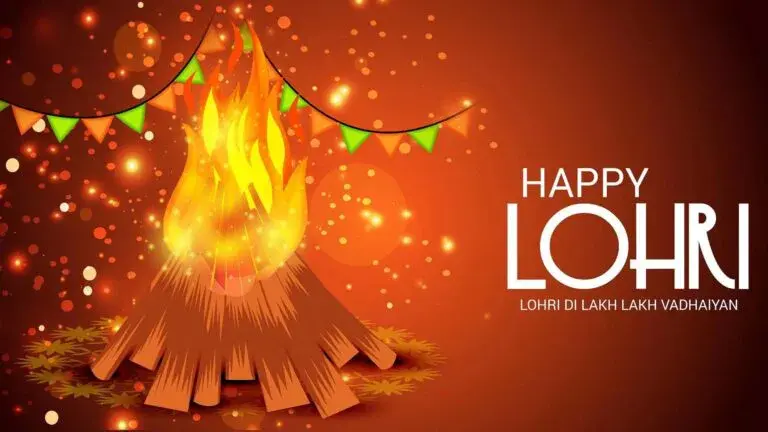Lohri
- Rajwinder Pal
- Feb 6, 2023
- 3 min read
Lohri is the north Indian (Punjab in particular) festival marking the passing of the winter solstice. People look forward to the end of short days of the harsh winter and mark the occasion by lighting bonfires and as it also coincides with the sugar cane harvest, there is much consumption of sweet meats. In a region where nearly all important festivals have religious association, Lohri is one of the few secular and cultural events celebrated by all. It is also a special occasion to mark the arrival of new born babies.

One of my earliest childhood memory is about something that is very akin to "trick and treat" we have at Halloween. Groups of boys would go from house to house singing and would get gifts of sweets and other foods. Although it didn't make much sense then, I learned later that the song is about the deeds and valour of s16th century Punjabi rebel and "bandit" Dullah Bhatti. (You can see where this is going.) As the story goes, both Dullah Bhatti's father and grandfather were also rebel landowners (and in some accounts hereditary bandits too. In fact in one re-telling of the story, boys in the family and the Bhatti clan had to demonstrate a successful act of banditry as a rights of passage and to earn the right to wear a turban. Failure to do so would mean no one was willing to offer them a daughter in marriage) who were executed for refusing to accept the authority of the great Mughal emperor Akbar. Following in family tradition, Dullah too rebelled and became the third generation of his family to be executed. His grave lies in Lahore and I will make sure to visit when I do finally manage to make it to Pakistan. Back to the words of the song.
Dullah, on the run and living with his band of men in the forest, hears that a local landowners has kidnapped two Hindu sisters, Sundri and Mundri, on the eve of their wedding. A furious Dullah angry at the sheer injustice of it all in his area of influence and feeling honour at stake,8 attacks the landowner's mansion and rescues the women. Back in the forest, he summons their grooms. Although a Muslim, Dullah is also a product of a composite Punjabi culture (his ancestors were Hindu Rajputs) which grew out of the day to day living of people of different religions, and familiar with wedding rituals. In the absence of a priest, Dullah lights a fire, the couples walk around it and instead of religious hymns and incantations, dances around the fire and lavishes gifts. The couples then return to their families.
My family along with most with a Punjabi heritage, celebrate Lohri every year. Living in Birmingham as I do, I have always been aware of its significance but never actually did anything special on the day. A chat with a dear friend yesterday changed every thing. "You know Raj," he said, "I think Dullah is one of the few icons we have who is shared by all Punjabis. Has there ever been a child in Punjab who didn't sing about the valour of Dullah Bhatti. I think we should celebrate him more publicly as a symbol of a shared, composite Punjabi culture and someone who can be a bridge builder." And so, I immediately made plans. In the evening I cooked some special foods and lit a small bonfire the mark the occasion, something we will do every year from now on.
I wake up this morning to find how prophetic my friend had been. Farmers in India, Punjabis in particular, felt inspired by Dullah Bhatti's rebellion against an unjust ruler in Delhi to burn copies of a poisoned chalice offer and vowed to carry in their agitation. In doing so they have mined a rich cultural vein of Punjabi resistance to tyranny and injustice. Happy Lohri everyone.








Comments